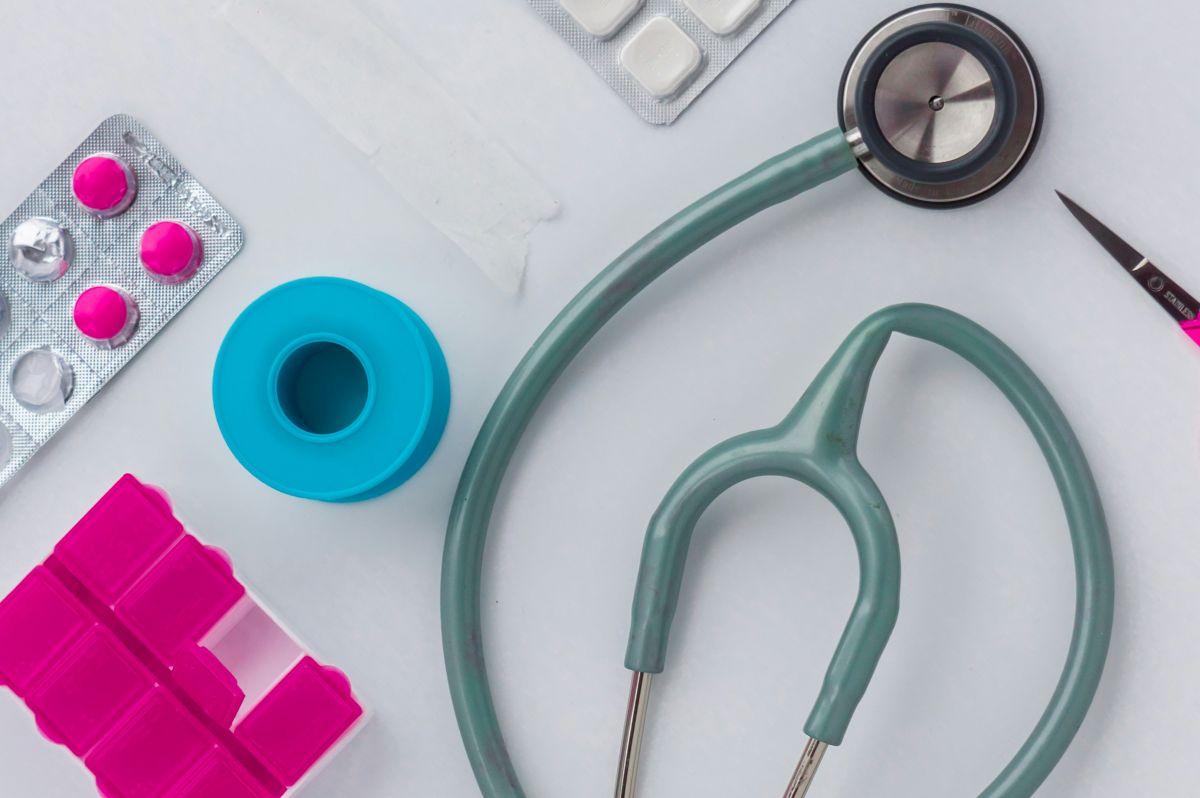In today’s healthcare landscape, medical assistants (MAs) play a crucial role in ensuring the smooth operation of medical practices, clinics, and hospitals. They assist healthcare providers in everything from patient intake to administrative tasks, making them an integral part of the team. With their access to sensitive patient data, medical assistants are also responsible for adhering to strict guidelines designed to protect patient privacy.
The Health Insurance Portability and Accountability Act (HIPAA) is the cornerstone of patient privacy regulations in the United States. HIPAA mandates that all healthcare professionals, including medical assistants, maintain confidentiality and security regarding patients’ medical records and personal information. Compliance is not just important for protecting patients; it is essential to avoid hefty fines and legal consequences for any violations. In this article, we’ll explore five key strategies that medical assistants can implement to ensure HIPAA compliance in their daily work.
1. Understand HIPAA Regulations Thoroughly
The first step in maintaining HIPAA compliance is to fully understand the regulations and how they apply to medical assistants. HIPAA governs the handling of protected health information (PHI), including electronic, written, and oral forms of patient data. Medical assistants must familiarize themselves with the provisions outlined in HIPAA, focusing on privacy and security rules that impact their role.
Training is essential for compliance. MAs should receive ongoing education to stay up-to-date with any changes to HIPAA regulations or new guidelines. This could include formal training sessions, attending compliance workshops, and reviewing the latest HIPAA updates from healthcare governing bodies. In addition, healthcare employers are typically required to provide regular HIPAA training for all employees, including medical assistants, to reinforce the importance of patient privacy.
2. Safeguard Patient Information at All Times
A primary responsibility of medical assistants is to protect patients’ confidential information at every step of the healthcare process. This includes data entered into electronic health records (EHR), patient conversations, and any paper-based documentation that contains PHI.
To stay compliant, medical assistants must follow strict security protocols for handling and storing patient records. For electronic data, this means using password-protected systems and ensuring data is encrypted. It also involves logging out of patient systems when stepping away from a computer and ensuring that patient information is not visible to unauthorized personnel. For paper records, MAs must store them in secure filing cabinets and dispose of any confidential documents properly, such as shredding paperwork that is no longer needed.
MAs should also practice vigilance by ensuring that any conversations about patients—whether in person, over the phone, or electronically—are conducted in private areas, away from others who are not authorized to access the information. This will help avoid inadvertent disclosures of sensitive information.
3. Limit Access to Patient Data Based on Role and Need-to-Know
HIPAA compliance is not just about safeguarding information but also about ensuring that only authorized personnel have access to PHI. As a medical assistant, you should only access the information that is necessary to perform your specific duties. If you don’t need access to a patient’s entire medical history for your role, then you should avoid looking at it.
In a healthcare setting, different staff members have varying levels of access to patient data. Physicians, nurses, and administrative staff have roles that may require them to view different portions of a patient’s health record. As an MA, it's important to follow the principle of “least privilege” when accessing information, which means limiting your access to only the data required to do your job effectively.
This restriction also applies when sharing patient information. MAs should never discuss patient cases with individuals who are not directly involved in the patient’s care, including non-healthcare staff or family members, unless written consent is given by the patient.
4. Use Secure Communication Channels
Medical assistants frequently communicate with other healthcare professionals, patients, and their families. It is essential that these communications are done in a secure manner to protect patient confidentiality.
For instance, when sending emails or text messages containing PHI, it is crucial to use secure, encrypted communication platforms. Standard email accounts or messaging services may not offer the level of security required by HIPAA. Most healthcare institutions provide secure email systems and internal messaging apps for staff communication, which are designed to meet compliance standards.
Additionally, avoid leaving confidential patient information in voicemail messages or on answering machines. In situations where communication with patients must include PHI, secure portals or encrypted messages should be used whenever possible.
Medical assistants should also understand the importance of verifying the identity of individuals before sharing any sensitive patient information. For example, if you are giving a patient information over the phone, confirm their identity through security questions or personal identifiers.
5. Report Any Potential Breach Immediately
Despite best efforts to maintain compliance, breaches of patient confidentiality can occur. In such instances, it is vital that medical assistants act swiftly and appropriately. HIPAA regulations require healthcare professionals to report any potential breaches of patient information to their supervisors or HIPAA compliance officer immediately.
A breach can occur if patient data is exposed to unauthorized individuals, whether through a lost laptop, an employee mistake, or a cyber attack. Even if a medical assistant suspects a breach or sees something that may indicate one, they must report it right away. By promptly reporting breaches, healthcare facilities can take corrective actions quickly, potentially mitigating the damage and minimizing the risk of harm to patients.
In some cases, if a breach is significant enough, it may need to be reported to the Department of Health and Human Services (HHS). This highlights why it is essential for MAs to remain vigilant and report anything that could jeopardize patient confidentiality.
Find a Future in Medical Assisting
Remaining HIPAA compliant is critical for medical assistants, as it not only helps protect patients but also ensures that healthcare providers remain within the legal bounds of patient privacy laws. By understanding HIPAA regulations, safeguarding patient information, limiting access, using secure communication channels, and reporting any potential breaches, medical assistants can maintain the highest standards of confidentiality.
If you're interested in pursuing a career as a medical assistant or want to enhance your skills to meet HIPAA standards, consider enrolling in a comprehensive program like the one offered by Health Tech Academy. With an accelerated medical assistant bootcamp, Health Tech Academy prepares aspiring medical assistants with the knowledge and hands-on experience they need to succeed in this essential healthcare field.

By completing this bootcamp, you can ensure that you're fully equipped to maintain HIPAA compliance while advancing your career in the medical profession.



